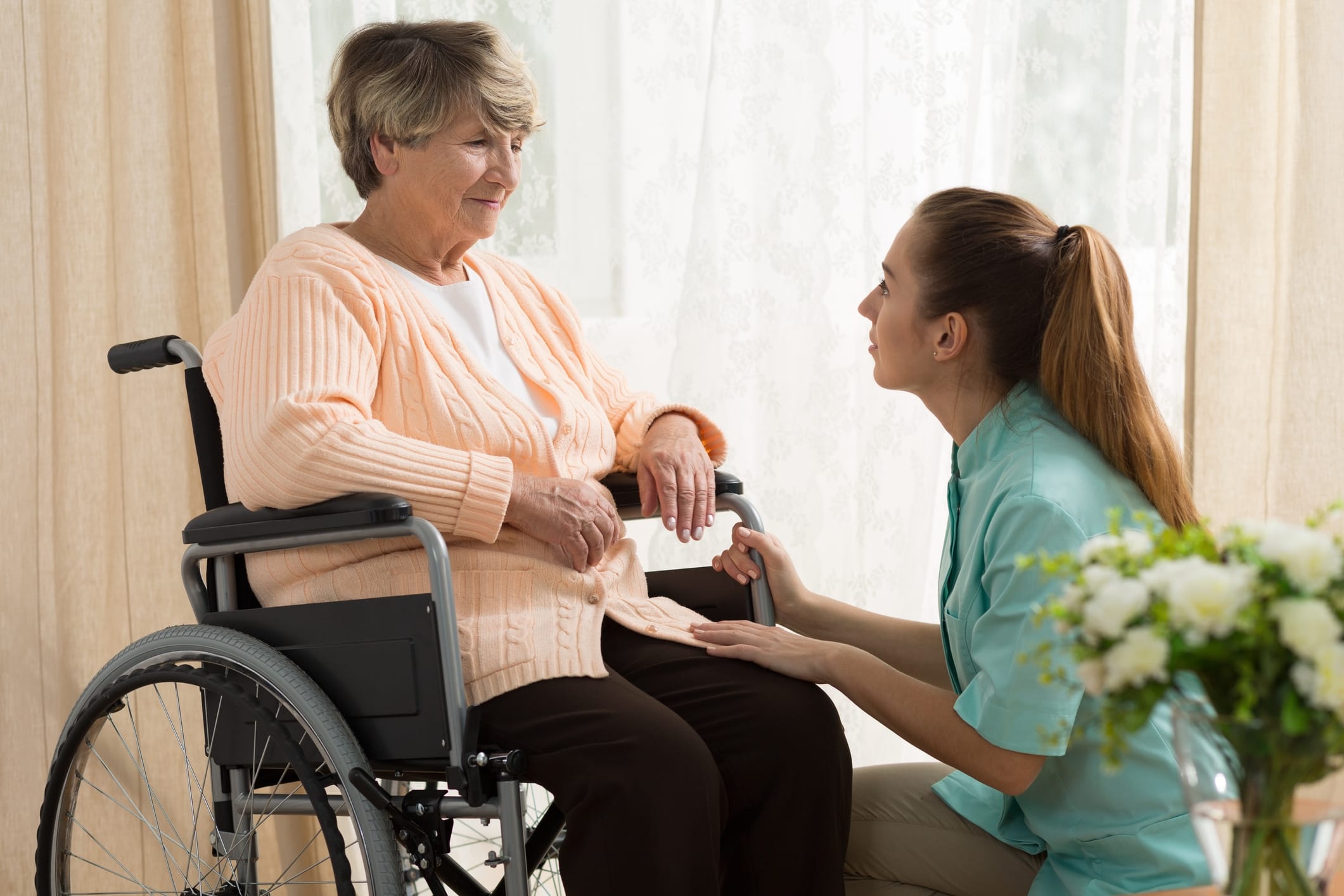Caregiver Guilt vs. Grief (And How to Manage)

When a loved one takes on the role of a family caregiver for an aging parent, it initiates a journey filled with significant shifts in family member dynamics, unexpected lifestyle changes, and a spectrum of emotions. While many are prepared for the challenges and feelings of grief that may arise, there's another emotional nuance that often goes unanticipated: caregiver guilt. Let's explore the delicate distinctions between caregiver guilt and grief, shedding light on these complex emotions and offering insights into overcoming caregiver guilt.
Caregiver Guilt vs. Grief: Differences of Each
While grief and guilt are distinct, they often interplay in the caregiving journey. As caregivers navigate this emotional terrain, understanding the nuances between guilt and grief can pave the way for more resilient and compassionate caregiving.
Caregiver Grief:
Caregiver grief is a profound emotional response to the inevitable changes that caregiving imposes on the lives of both the primary caregiver and the older adult.
In general, caregivers often grieve the loss of freedom, income, and the changed relationship they had with their loved ones, particularly when facing conditions like Alzheimer’s disease or dementia.
It encompasses a range of sensations, including resentment, anger, a sense of loss, anticipatory grief and, when the care recipient passes, the complicated grieving process after the loss.
Caregiver Guilt:
Caregiver guilt, on the other hand, is the distinct feeling of guilt, remorse, or self-blame that arises due to perceived shortcomings in their caregiver role.
People with caregiver guilt have negative feelings towards themselves about experiencing resentment, anger, or frustration towards the loved one in their care. Caregivers may also feel guilty for prioritizing their well-being, seeking professional help, taking a break from caregiving duties, making challenging decisions in difficult situations, or managing the emotional side of caregiving.
Managing and Overcoming Caregiver Guilt:
- Acknowledge and Accept: Recognize that caregiver guilt is a common aspect of the caregiving journey. Pay attention to these feelings, as it can be the first step to cope with caregiver guilt. And remember: seeking help for caregiver stress is a sign of strength, not weakness.
- Caregiver Support Groups: Connect with other people who share similar caregiver experiences and gain insights from them. Understanding that you are not alone can alleviate feelings of isolation.
- Prioritize Yourself First: Despite what your guilty feelings might tell you, as a caregiver, you must prioritize your own health—both physical and mental. Attend to your own needs initially because you can’t help someone else have a good quality of life until you help yourself.
- Utilize Respite Care: Embrace professional short-term residential care, allowing yourself to offload some caregiving responsibilities in order to take a break and recharge. Respite care can significantly contribute to reducing caregiver burnout.
- Practice Self-Care: Incorporate self-care into your emotional health routine. Whether it's through relaxation techniques, brief moments of relaxation, or engaging in activities you enjoy, self-care is a vital component of mental health and managing caregiver guilt.
Contact St. Andrew’s to explore resources for delivering quality health care, home care services, or finding support for yourself or a loved one within our assisted living and memory care communities. You're not alone on this journey, and St. Andrew's is here to support your well-being every step of the way. Contact us to learn more about delivering quality care, receiving in-home care services, or seeking respite care for yourself or a loved one at one of our communities.







